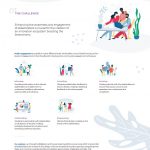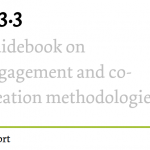Preliminary report on European, National and Regional MML events
This deliverable (D6.1) is the Preliminary Report on the European, National and Regional MML events carried out in this reporting period by BIOVOICES. This document therefore offers the ‘preliminary insights’ collated from and based on Mobilisation and Mutual Learning approach applied in the MML events carried out until November 2019


